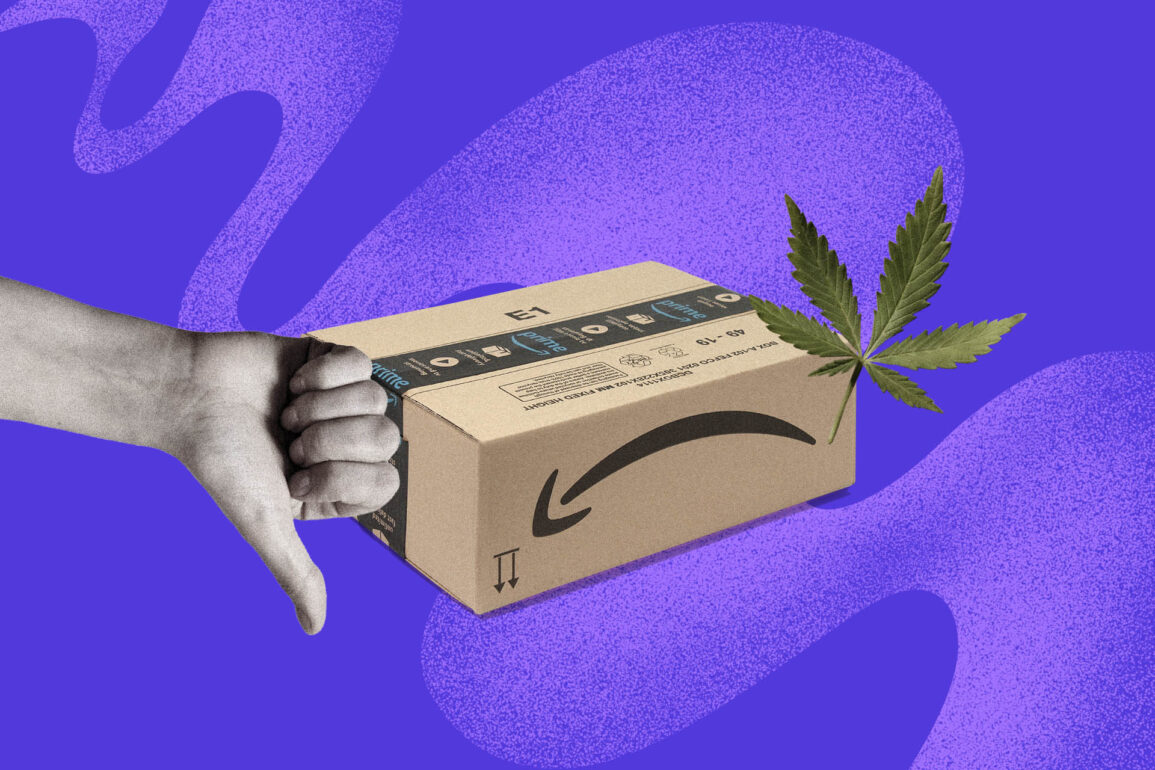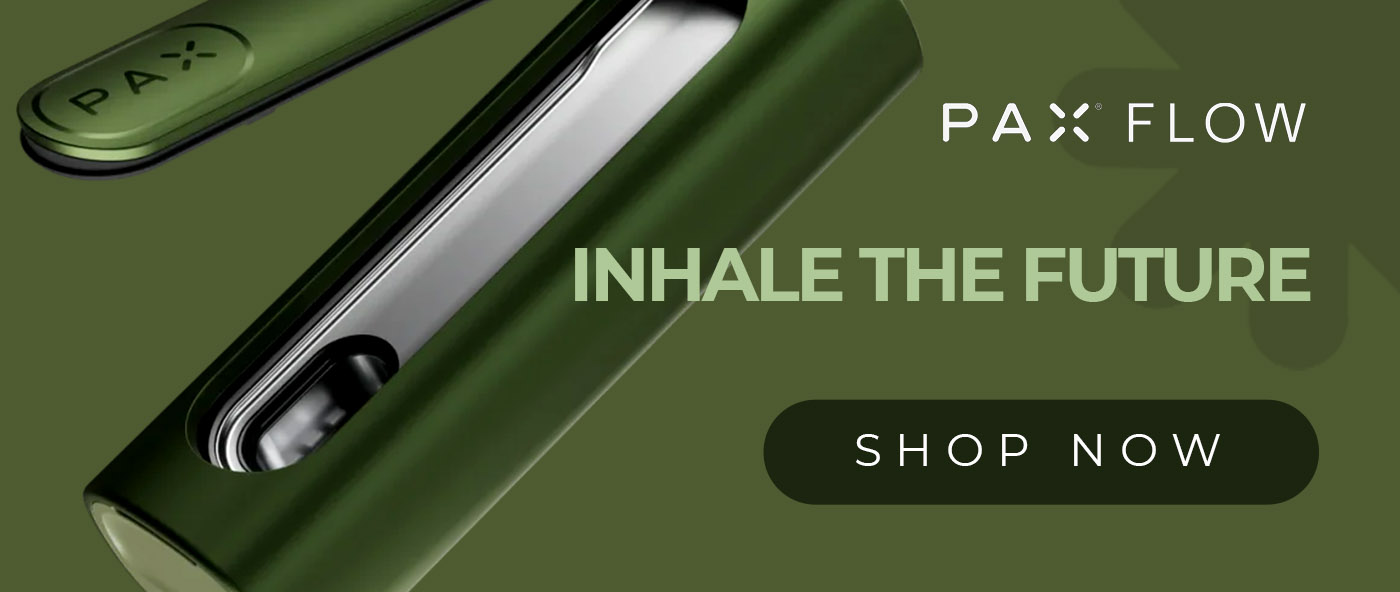Amazon may have an instantly recognizable brand and a huge reach as a marketplace, but they are one of the worst places you can buy CBD online.
CBD Oracle investigated the hemp market on Amazon, sending 56 products to InfiniteCAL Labs for testing and conducting an in-depth analysis of product listings. The results are explained in full elsewhere, but the simple summary is that the CBD sold on Amazon is not reliable and it’s almost always better to buy hemp products from elsewhere.
Here’s a run-down of the main reasons you shouldn’t buy CBD on Amazon and what you should look for instead.
Most of the Time It Doesn’t Contain CBD (But It Pretends To)
It’s likely that you’ll be interested in CBD or some other cannabinoid if you’re shopping for a hemp product.
However, the lab results from our study show that 62.5% of products don’t contain any cannabinoids at all. This means it’s unlikely you will get the effect you’re looking for, whatever it is.
You Don’t Know What It Does Contain (And It Might Not Even Be Hemp)
The hemp products on Amazon have to hide their true contents by design. Since Amazon doesn’t allow CBD or THC, even a company genuinely offering CBD oil, for example, would have to just call it “hemp” and hope that customers filled in the blanks. If they said what it contained, their product would be removed.
This means that customers on Amazon basically never know what exactly it means when a company claims to be selling “hemp.” Worst of all, though, 43% of products didn’t contain any hemp at all – not even hemp seed oil.
You Can’t Trust What’s on the Label
Most hemp products on Amazon are sold based on some absurd promise like containing 1,000,000 mg of “hemp.” It shouldn’t come as much of a surprise that this is generally not true. In fact, CBD Oracle’s analysis suggests that 96% of products do not list an accurate dosage.
This problem extends far beyond Amazon and to most products sold by unlicensed retailers. A recent study focusing on Chicago found that most edibles sold by unlicensed stores exceeded the limits set by Illinois law, and that – like the hemp on Amazon – the contents rarely match the claims on the package.
Jennifer Bash, author of the study, commented to CBD Oracle that, “In my opinion, any sort of mislabeling on a product meant to be consumed by a person poses a danger. The fact that these products also contain active drug compounds only increases the public safety risk of them.”
RELATED: This Gummy on Amazon Says It Has 200,000,000 mg of Hemp Extract, But Is That Even Possible?
You Might Get More Than You Bargained For
Since the products can’t really say what they actually contain – whether because of Amazon policy or their own lies – this also creates another problem. You could be buying THC without knowing it.
The lab results from our study revealed that 11% of products contained some THC, and three products contained substantial amounts of delta-8 THC which wasn’t mentioned at any stage.
You would only have known that if you ate the gummy – and one had 76 mg of THC – or if you sent it to the lab yourself. This is not only dishonest, it is outright dangerous to give someone an intoxicating product without informing them.
RELATED: Study Reveals Amazon’s Hidden Market for THC Gummies
Most Products Are Probably Not Lab Tested
95% of hemp products on Amazon were not backed with a certificate of lab analysis (COA), and none of them provided this information via Amazon itself.
Hemp consumers have come to expect a COA with any reputable product, simply because federal standards are lacking and there is no other way to guarantee that a product contains what it claims to and that it’s actually safe to consume.
It is possible that these products are lab-tested and manufacturers simply choose not to share this with consumers. But why would you do this? Why go to the expense and leave nothing other than an unsupported claim that it’s been tested by a third-party lab?
Every reputable hemp company shares COAs for its products, and if you don’t, the presumption must be that you do not have one.
The Reviews Aren’t Reliable
Checking reviews for products you purchase is a diligent and sensible choice.
However, in the case of Amazon’s hemp market, Mozilla’s review-analyzing AI tool FakeSpot determined that products only had an average of 58% reliable reviews, 46% had an anomalous review-count history and 48% of products were graded a D or lower for overall review reliability.
Reviews for Amazon hemp are about as reliable as a coin flip.
RELATED: Hemp Products on Amazon Are Full of Fake Reviews
It Hurts Genuine CBD Companies
While this is less of a practical issue for consumers, it’s worth noting that buying CBD from Amazon is not good for the industry as a whole.
Amazon has created a system in which companies that tell lies have an advantage over those that tell the truth, who are immediately removed if they’re honest about the contents of their product. It might not be an issue for individual buyers, but the more hemp is bought from Amazon, the more dishonest actors are rewarded while reputable ones are undercut.
Our report estimates around $64 million in revenue from hemp on Amazon per year, which is money that would otherwise directly go to the type of company that does give you what it claims to and does test its products for safety.
RELATED: Amazon’s Hemp Market Costs the CBD Industry Over $60 Million Per Year
What You Should Look for in CBD Products and Where You Should Shop
Most CBD buying guides or advice about buying hemp products will identify the various red flags with Amazon hemp right away. The general advice for hemp products is simple:
- COAs are a necessity. Without a lab report, you can’t trust what the product actually contains. There is no excuse nor any sufficient reason for a company to not provide one.
- You need a clear listing of major ingredients and dosage. Any hemp product worth buying will not hide its contents from you. Every reputable product can easily tell you which major cannabinoids you’re buying and give a good estimate of how much.
- Check third-party reviews. Reviews are one of the best ways to find out whether a product is worth buying, but customer reviews can be manipulated, as we found above. This is why positive reviews from third-party sites are a much better indicator of reliability. If nobody outside Amazon is talking about it, it’s a huge red flag.
- Be wary of big claims. Genuine companies don’t claim their products cure medical conditions because that type of thing will eventually land you in trouble with the FDA.
- Find the official site and buy from there. Brands just in it for a quick buck are less likely to have an independent website than those in it for the long haul. If there is nowhere else but Amazon to buy, ask yourself why. The answer is unlikely to be flattering.
RELATED: The Best CBD Oils We Recommend
Related:
- Don’t Ask; Don’t Tell: Study Reveals Amazon’s Hidden Market for THC Gummies
- Amazon Could Get Fined Up to $1.3 Million Over INFORM Consumers Act Violations
- Half of the Hemp Product Listings on Amazon Make Illegal Medical Claims
- Amazon’s Hemp Market Costs the CBD Industry Over $60 Million Per Year
- This Gummy on Amazon Says It Has 200,000,000 mg of Hemp Extract, But Is That Even Possible?
- You Could Make $100k From Selling Hemp on Amazon: Here’s How
- Hemp Products on Amazon Are Full of Fake Reviews
- China-Sourced Gummies Are Making Amazon’s Hemp Market Even Worse
- Here’s Why You Shouldn’t Buy CBD on Amazon (And What You Should Do Instead)
References
- Bash, J. (2024). The Public Safety Risk of Hemp Products Sold at Unlicensed Retailers. J Toxicol Cur Res 8: 025. https://doi.org/10.24966/TCR-3735/100025
- Bash, J. (April 2024). Email interview. https://cbdoracle.com/wp-content/uploads/2024/04/Jennifer-Bash-comments-about-buying-CBD-from-unlicensed-retailers.pdf

